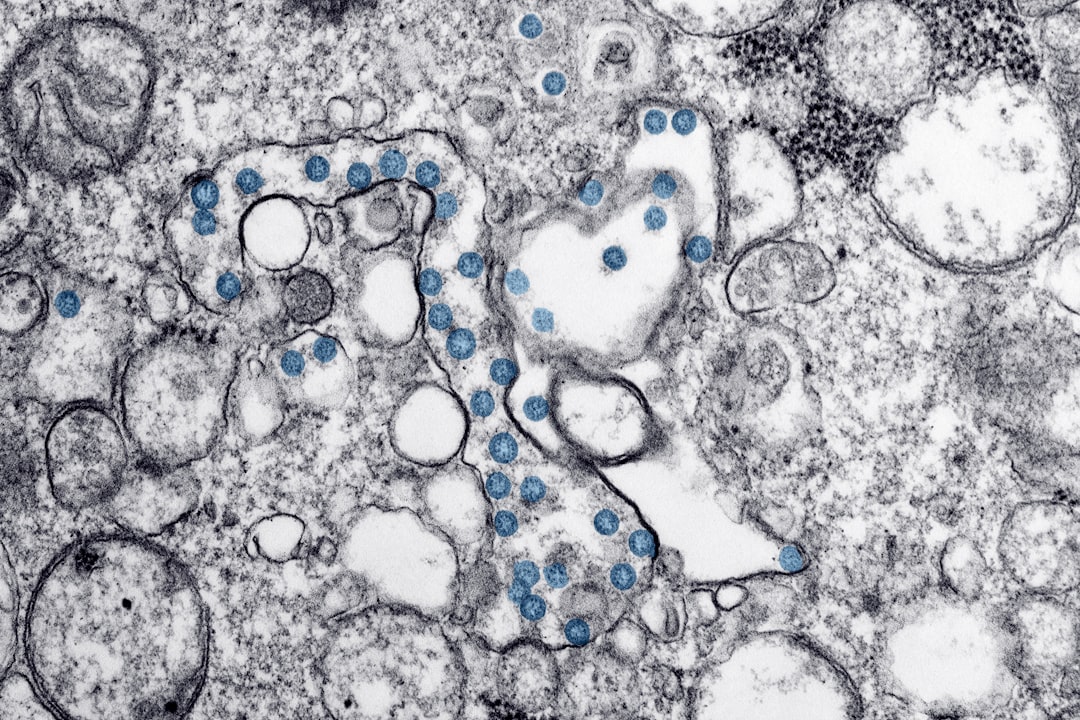What is it about?
Listeria monocytogenes, an important foodborne pathogen, remains a significant threat to public health. This investigation involved isolating bacteria from imported, low-moisture foods (LMFs) to find bacterial species that control/inhibit the growth of L. monocytogenes. The foods investigated were dried apples, cumin seeds, date fruits, fennel seeds, pistachios, pollen, raisins and seaweed. We have shown that LMFs possess diverse bacteria that inhibit the growth of L. monocytogenes. We also present a modification of an inhibition plate assay to detect anti-Listeria bacteria more rapidly. This resulted in the discovery of unconventional anti-Listeria genera such as Lysinibacillus. Last, our work showed that the date fruit microbiota warrants further investigations for anti-Listeria applications.
Featured Image

Photo by Walter Otto on Unsplash
Why is it important?
The results from our work could lead to the discovery of either novel antimicrobial metabolites or beneficial anti-Listeria bacteria that could be added to foods to help control L. monocytogenes.
Read the Original
This page is a summary of: Examination of the culturable microbiota from low-moisture foods imported into Canada for anti-bacterial activity against Listeria monocytogenes, Journal of Food Protection, December 2019, International Association for Food Protection,
DOI: 10.4315/jfp-19-489.
You can read the full text:
Contributors
The following have contributed to this page










